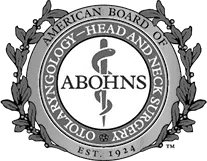Rediscover Wholeness with Reconstructive Surgery Benefits
Life’s unpredictable events sometimes leave us with physical reminders we never asked for. Reconstructive Surgery steps in as the beacon of hope, offering restoration not only to the body but to the spirit. This transformative journey is about reclaiming control, rejuvenating one’s self-image, and rediscovering life’s potentials.
Reconstructive surgery is performed to restore the normal appearance and functionality of the body, a process that can often be life-changing. Reasons for undergoing reconstructive surgery can include medical conditions and diseases, birth defects, and accidents. Becker Plastics offers high-level reconstructive surgery for patients in the Princeton, NJ, and Philadelphia, PA areas.
Patient Results
Hundreds of satisfied patients
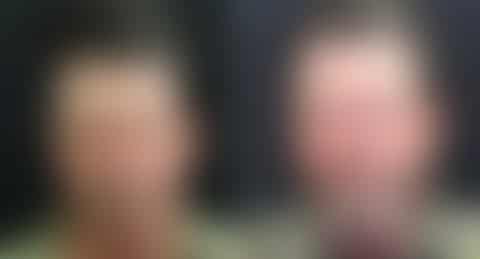


* All patients are unique and individual results may vary.

Types of Reconstructive Surgery
Reconstructive surgery can be performed for both aesthetic and functional reasons. Each patient has unique needs, meaning that the surgical procedures are highly customized. Some of the most common types of reconstructive surgery include the following:
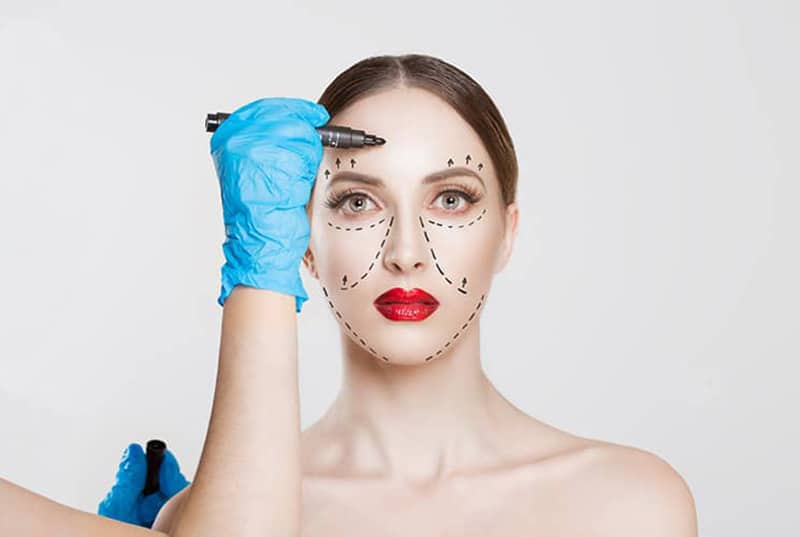
Facial Reconstructive Surgery
Facial reconstructive surgery is a term encompassing all procedures that help to address trauma, genetic abnormalities, and illnesses that affect the face. Your doctor may be able to restore functions such as smiling, blinking, comfortable eating, and speech.
The face is a complex network of intertwining parts that work together so you can interact with your environment. This means that the surgeon can target nerves, bones, ligaments, skin, and soft tissue in the face to restore functionality and appearance.
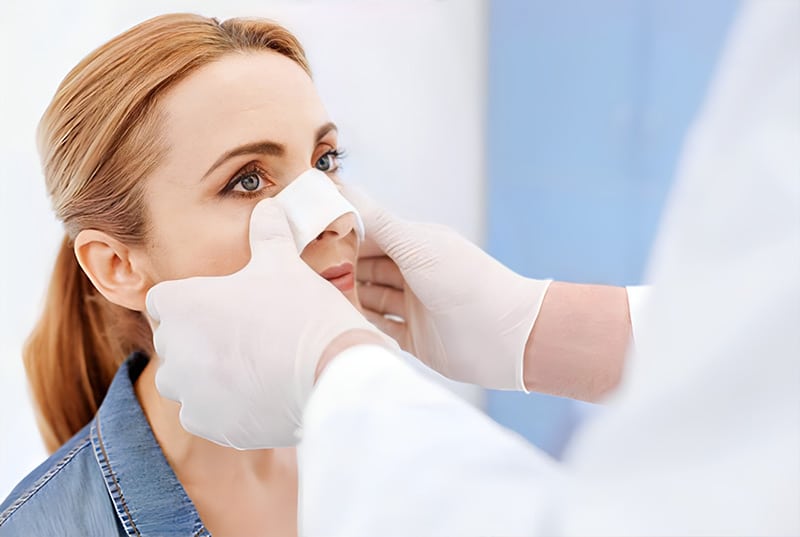
Nose Surgery
Nose surgery is known as a cosmetic procedure but it can also be vital for helping people live better, more comfortable lives. Also known as rhinoplasty, nose surgery is performed to make changes in the shape of the nose.
Your nasal cavity is essential to your breathing and the draining of your sinuses. A deformity, whether from birth or acquired from disease or trauma, can cause you to suffer. If you suffer from allergies, a malformed nose can exacerbate symptoms.
This is where an experienced and expertly-trained plastic surgeon can step in and help. Depending on your case, post-traumatic or functional rhinoplasty will provide the relief you need.
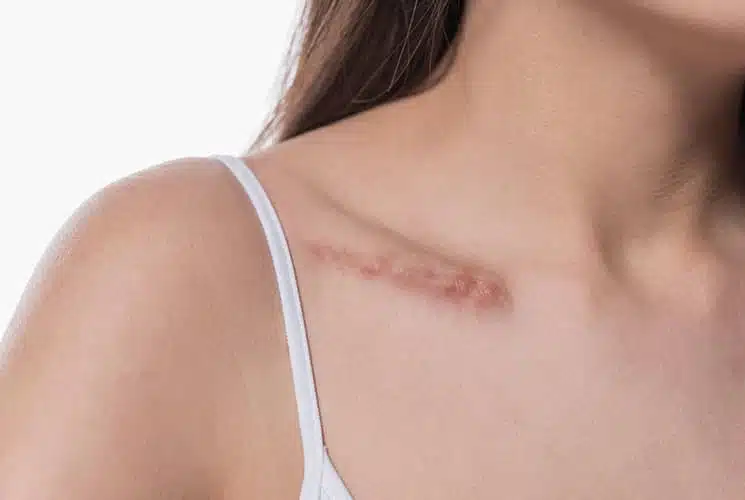
Scar Revisions
Scars can result from accidents, surgical incisions, burns, or illness. Depending on the position of the scar, it may restrict the function of a body part. For instance, a scar near the eye can hinder your ability to blink normally.
Scar revision is a reconstructive procedure that improves the appearance of scars. It uses dermabrasion, laser resurfacing for scar revision, or tissue transfer techniques. The goal is for the scar to be less visible and match the surrounding skin. Tissue transfer moves healthy skin from one area of the body, reducing the visibility of the scar and improving cosmetic outcomes.
Beyond an improvement in your appearance and a fix in functionality, a revision can also help relieve itchiness in some cases. An itchy scar is the product of a sensitive nerve ending that has been damaged. A scar revision can restore comfort in the area by remedying the underlying cause.
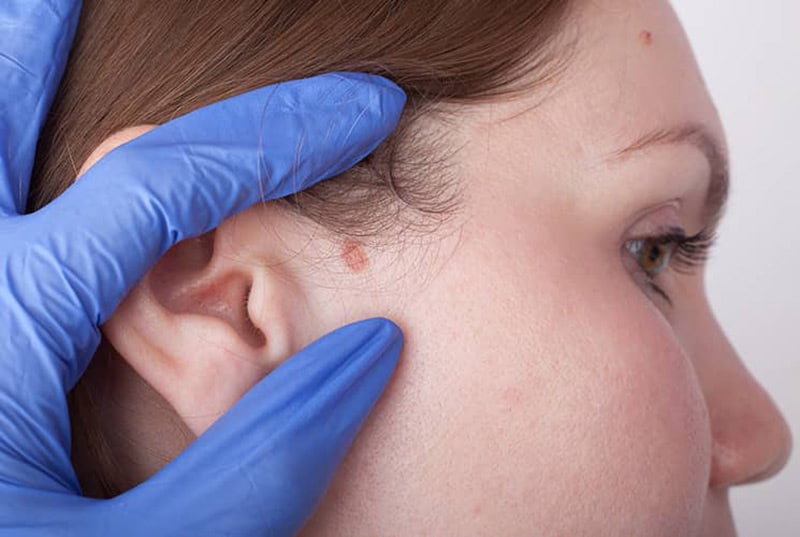
Skin Cancer Surgery
Skin cancer is the most common type of cancer in the United States. Estimates put the incidence of skin cancer in Americans at about 20% of the population at some point during their lifetime.
Skin cancer is a disease that is most likely to appear in people with fair skin, although anyone can develop it. Too much exposure to the sun over time can cause cell mutations that result in cancerous lesions. Other causes include existing lesions and moles that change over time or a family predisposition.
Luckily, precise surgical techniques are available to remove the mutated tissue. Your doctor will remove thin layers of the cancerous skin and analyze the tissue to ensure you are left cancer-free. A plastic surgeon can then reconstruct the area for aesthetic purposes.

Good Candidates for Reconstructive Surgery
To be a good candidate for reconstructive plastic surgery, you generally have to be in good overall health. Those who do not smoke or consume excessive amounts of alcohol are better candidates due to the resilience and elasticity of their skin.
A consultation with a board-certified plastic surgeon in Philadelphia or New Jersey will determine whether or not you are a good candidate for reconstructive surgery. Your doctor will examine you to determine if you can undergo the procedure. You will also be asked to share information on any medication you take or past procedures you have undergone.
Safety of Reconstructive Surgery
Undergoing elective surgery is always a difficult decision to make for prospective patients. However, a reconstructive procedure that has life-improving outcomes with a knowledgeable surgeon is overwhelmingly safe.
It is estimated that approximately one million reconstructive surgery procedures are performed annually. The vast majority of these procedures go according to plan and any side effects or adverse reactions are dealt with personalized care done promptly and effectively.
New medical technologies and surgical techniques make reconstructive procedures safer than ever. Furthermore, a detailed screening will ensure that everything goes to plan. Your surgeon will monitor your progress and give you tips on controlling any swelling or bruising that may result.
Recovery From Reconstructive Surgery
Reconstructive surgery will require some downtime from your normal recovery schedule. Depending on the procedure you are having, recovery time can vary. Furthermore, the speed at which you get back into your daily routine will depend on several different factors.
For example, bruising around the nose can last for up to two weeks after rhinoplasty. Complete healing of the bones in the nose can take six weeks, depending on how much work was done. On the other hand, wounds from a skin cancer procedure may heal in one week to just under a month.
As you can see, each type of surgery involves a different healing process and will require downtime relative to the type of procedure. A consultation with your surgeon will give you a better idea of what to expect.

Patient Reviews
Why choose the Doctors at Becker Plastic Surgery
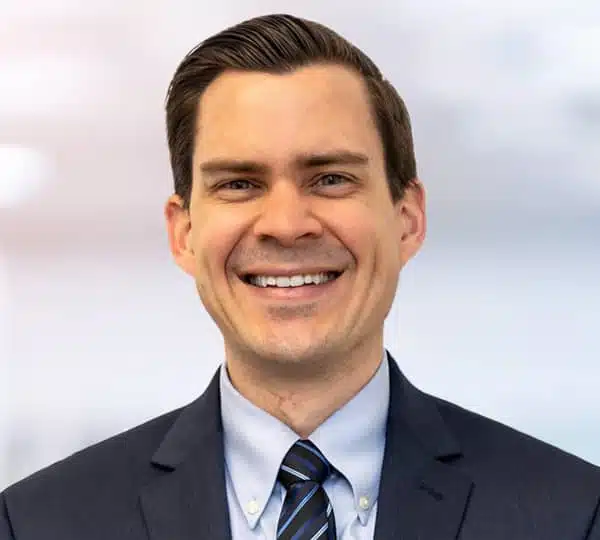
Kirk Lozada, MD, FACS
- Completed his fellowship at the University of Pennsylvania and has trained with the top Facial Plastic Surgeons in Philadelphia, New York, and New Jersey.
- Has traveled to Ica, Peru with Healing the Children on multiple occasions performing a high volume of cleft lip and palate surgery.
- Is currently a member of the American Academy of Facial Plastic & Reconstructive Surgery and has numerous publications and presentations in the field of facial plastic surgery.
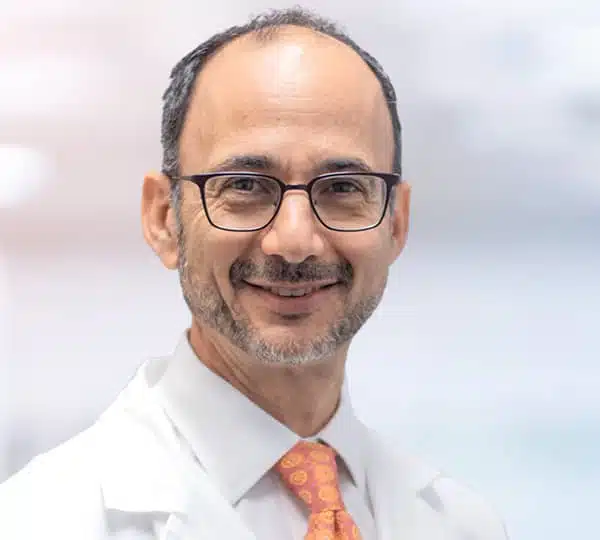
Daniel Becker, MD, FACS
- Board Certified by the American Board of Otolaryngology (ENT).
- Board Certified by the American Board of Facial Plastic and Reconstructive Surgery (ABFPRS).
- Fellow of the American College of Surgeons (FACS).
- Top-Rated by US News and World Report, Philadelphia Magazine, South Jersey Magazine, Castle-Connelly, and others.
- Read more about rhinoplasty specialist Dr. Becker’s credentials

Nicole Schrader, MD, FACS
- She is a double board certified surgeon in Facial Plastic and Reconstructive Surgery and Otolaryngology & Head/Neck Surgery.
- Is a member of the American Academy of Facial Plastic and Reconstructive Surgery
- Has over 20 years of experience, 15+ years in private practice and has performed hundreds of facelift surgeries.
- Dr. Schrader Recognized as Best Plastic Surgeon by Town Topics Readers’ Choice Awards.

Pick one of our 6 convenient locations
for Your Plastic Surgery Needs

